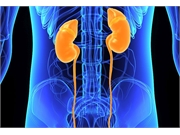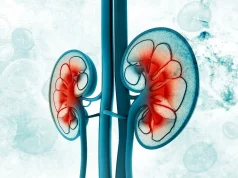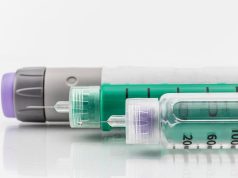Deceased donor AKI status has no association with death-censored graft failure, all-cause graft failure
MONDAY, Jan. 13, 2020 (HealthDay News) — Recipient graft survival is similar for deceased donor kidneys with acute kidney injury (AKI) and kidneys without AKI, according to a study published online Jan. 8 in JAMA Network Open.
Caroline Liu, from the Johns Hopkins University School of Medicine in Baltimore, and colleagues examined the correlation of deceased donor AKI with recipient graft survival in a registry-based propensity score-matched cohort study. A total of 6,832 deceased donors with AKI and 15,310 deceased donors without AKI had at least one kidney transplanted from 2010 to 2013. Overall, 6,722 deceased donors with AKI were propensity score-matched to those without AKI, and outcomes were assessed in their corresponding kidney recipients during a median follow-up of five years.
The researchers observed no association between deceased donor AKI status and death-censored graft failure or all-cause graft failure. After examination by AKI stage and adjustment for recipient and transplant characteristics, the results were consistent. Delayed graft function developed in significantly more recipients of AKI kidneys (29 versus 22 percent). Regardless of deceased donor status, few recipients (0.5 percent) developed primary nonfunction. Variation was noted in recovery and transplantation of AKI kidneys by organ procurement organization.
“We believe that the transplant community should continue to use deceased donor AKI kidneys and consider research to investigate whether currently discarded AKI kidneys from deceased donors without substantial comorbidities can be used more effectively,” the authors write.
One author disclosed financial ties to the biopharmaceutical industry.
Copyright © 2020 HealthDay. All rights reserved.








